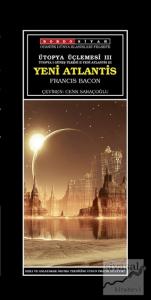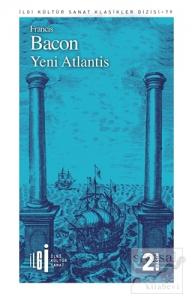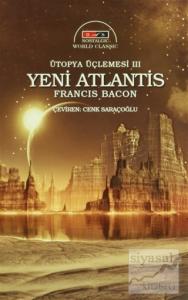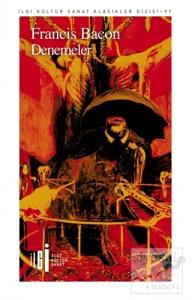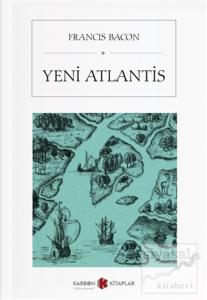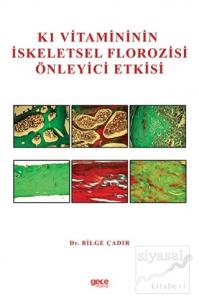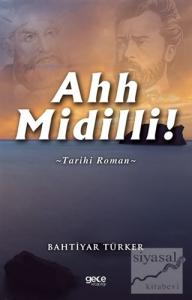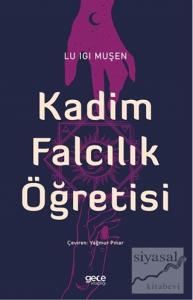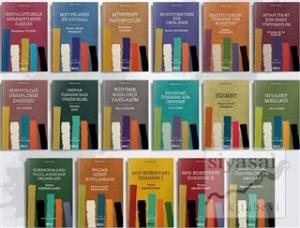
‘...I hear the former sort say that knowledge is of those things which are to be accepted of with great limitation and caution; that the aspiring to overmuch knowledge was the original temptation and sin whereupon ensued the fall of man; that knowledge hath in it somewhat of the serpent, and, therefore, where it entereth into a man it makes him swell; Scientia inflat; that Solomon gives a censure, “That there is no end of making books, and that much reading is weariness of the flesh;” and again in another place, “That in spacious knowledge there is much contristation, and that he that increaseth knowledge increaseth anxiety;” that Saint Paul gives a caveat, “That we be not spoiled through vain philosophy;” that experience demonstrates how learned men have been arch-heretics, how learned times have been inclined to atheism, and how the contemplation of second causes doth derogate from our dependence upon God, who is the first cause...'
‘...I hear the former sort say that knowledge is of those things which are to be accepted of with great limitation and caution; that the aspiring to overmuch knowledge was the original temptation and sin whereupon ensued the fall of man; that knowledge hath in it somewhat of the serpent, and, therefore, where it entereth into a man it makes him swell; Scientia inflat; that Solomon gives a censure, “That there is no end of making books, and that much reading is weariness of the flesh;” and again in another place, “That in spacious knowledge there is much contristation, and that he that increaseth knowledge increaseth anxiety;” that Saint Paul gives a caveat, “That we be not spoiled through vain philosophy;” that experience demonstrates how learned men have been arch-heretics, how learned times have been inclined to atheism, and how the contemplation of second causes doth derogate from our dependence upon God, who is the first cause...'












